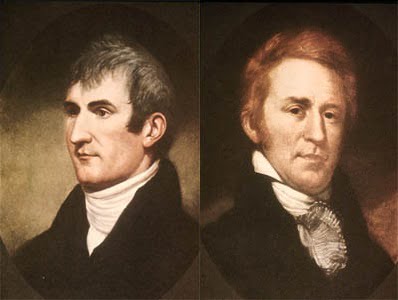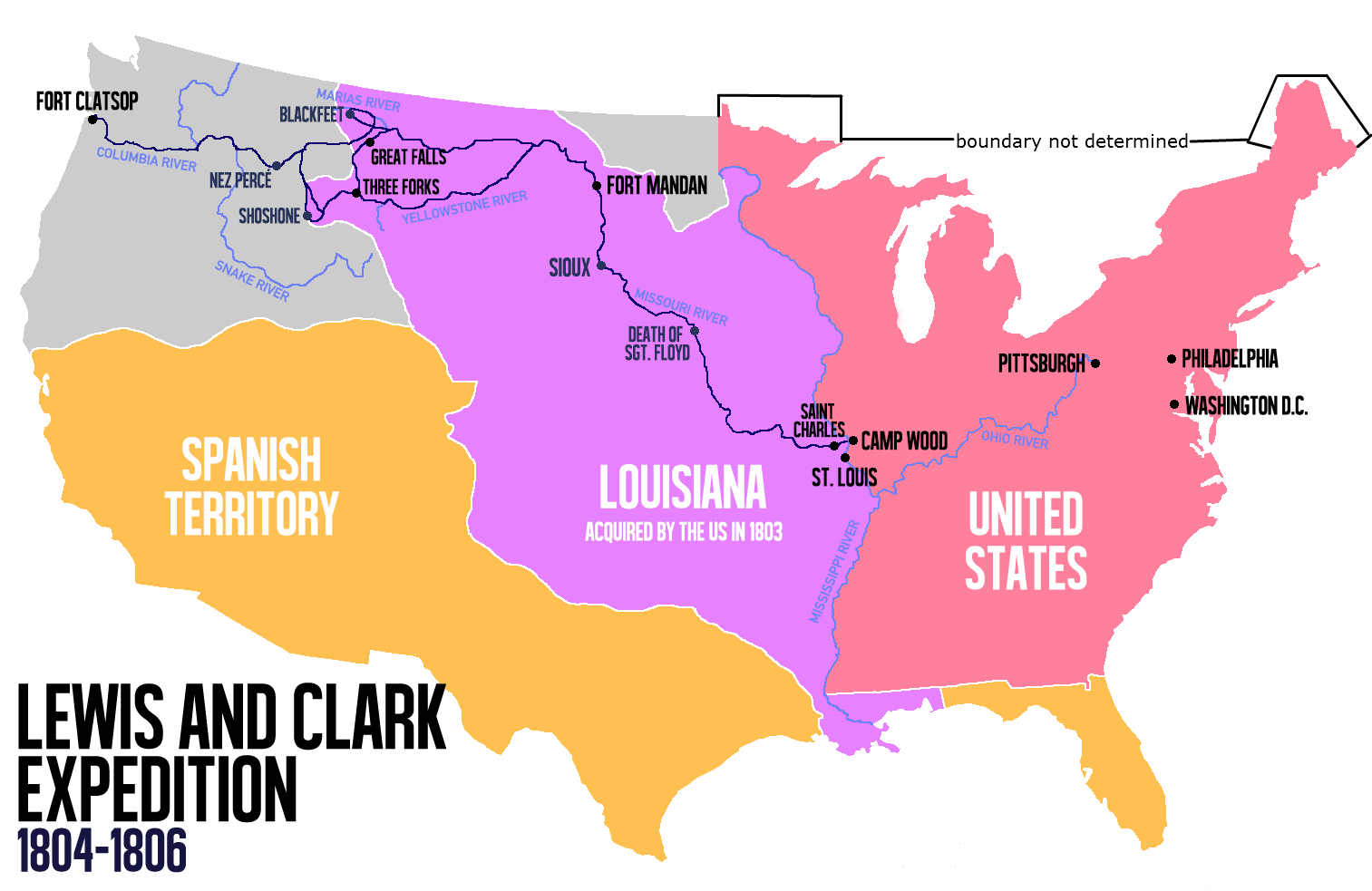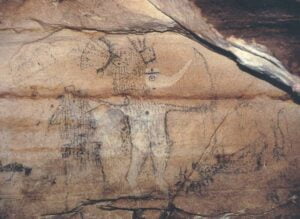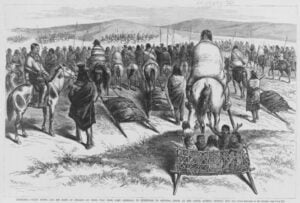How laxatives saved the Lewis and Clark expedition
The “Bilious pills” the men used for laxatives were nicknamed Thunderbolts (you fill in the blanks on that one).

exc-5c01a69988251b077c5504aa
The Lewis and Clark expedition, a fabled story, stuck in the minds of Americans, is a staple of elementary school US history.
The 8,000 mile journey from St. Louis to the Pacific Ocean and back is often seen as an allegory of American grit. In many ways, rightfully so.
The expedition was also fueled by laxatives.
The expedition couldn’t bring enough food to last the journey without it going bad, and leaving enough room for the expedition’s souvenirs.
They survived off of eating gamey animals like squirrels, rabbits, raccoons, beavers, etc.
The expedition team also ate over 200 dogs. Although Meriwether Lewis’ beloved Newfoundland, Seaman was spared.
The sketchily cooked food and amoeba-filled water would’ve been disastrous for the expedition. Hence the need for laxatives.
The “Bilious pills” the men used for laxatives were nicknamed Thunderbolts (you fill in the blanks on that one). The mercury-laced Thunderbolts pushed out the toxins quickly.
If anyone got sick on the expedition, Meriwether Lewis would order a cleansing day, where the whole crew would take Thunderbolts.
Thunderbolts delivered a lethal dose of mercury. But the mercury, which worked like clockwork as a laxative, left the body quickly enough before it could kill them.
Years later, archeologists were having trouble finding the expedition’s camping sites. Historians discovered the laxative anecdotes and archeologists located the sites by finding the large “deposits” of mercury.
Next time the Lewis and Clark expedition comes up in daily life, remember how the expedition survived. Thunderbolts.
https://news.nationalgeographic.com/news/2003/12/lewis-clark-expedition-history/





